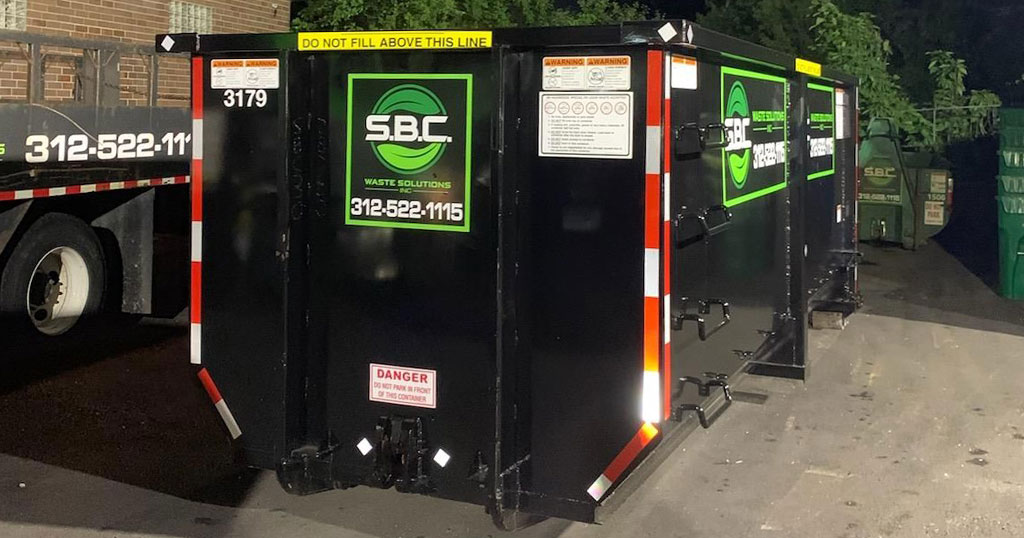The king of the commodities is crude oil. Nothing attracts more news coverage and trade activity than oil.
The most frequently traded commodity in the world, crude oil has long been entwined with factors such as the economy, politics, weather, and other issues.
Crude oil futures give traders have access to a constantly changing worldwide market. Due to the unpredictable factors that may have an effect on the price of oil, oil futures are susceptible to volatility.
How is oil futures trading conducted?
A futures contract is an agreement where both the buyer and the seller agree to buy or sell a commodity at a predetermined price on a specific future date.
The actual product varies on where the oil is produced even if oil futures contracts are uniform.
For example, light crude has a lower density and is thought to be simpler to turn into gasoline and other petroleum products. Different oil grades are based on sulfur levels and are called Sweet and sour.
If the sulfur level is under 0.5, it is called a Sweet crude. Sweet grades are the foundation for both Brent and WTI futures market.

Despite the fact that WTI and Brent oil prices often vary they are very connected and frequently increase or fall together. However, supply interruptions and other changes may have a greater impact on one grade than the other, resulting in a difference in price between Brent and WTI.
What affects the oil price? As with any market, supply and demand are one of the factors that affects the price of oil. The American Petroleum Institute and the U.S. Energy Information Administration provides weekly reports that are closely monitored by oil traders. The news frequently causes an increase or decrease in oil prices, depending on how close the supply estimates met trader expectations.
Top Traders and Speculators in Oil Futures
Participants in the oil futures market fall into two main types. Hedgers, often known as “commercials,” are one group that engages in the exploration, drilling, refining, and sale of processed goods or crude oil. This traders include small refiners or retail gas chains, and significant gas and oil producers that use futures in order to hedge against negative price movements or lock in supply.
Specs or speculators are the second main group. This group includes hedge funds, banks, and people who make a profession by trading commodities. They buy or sell based on how much they anticipate the price of oil, gasoline, and natural gas to go up or down.













